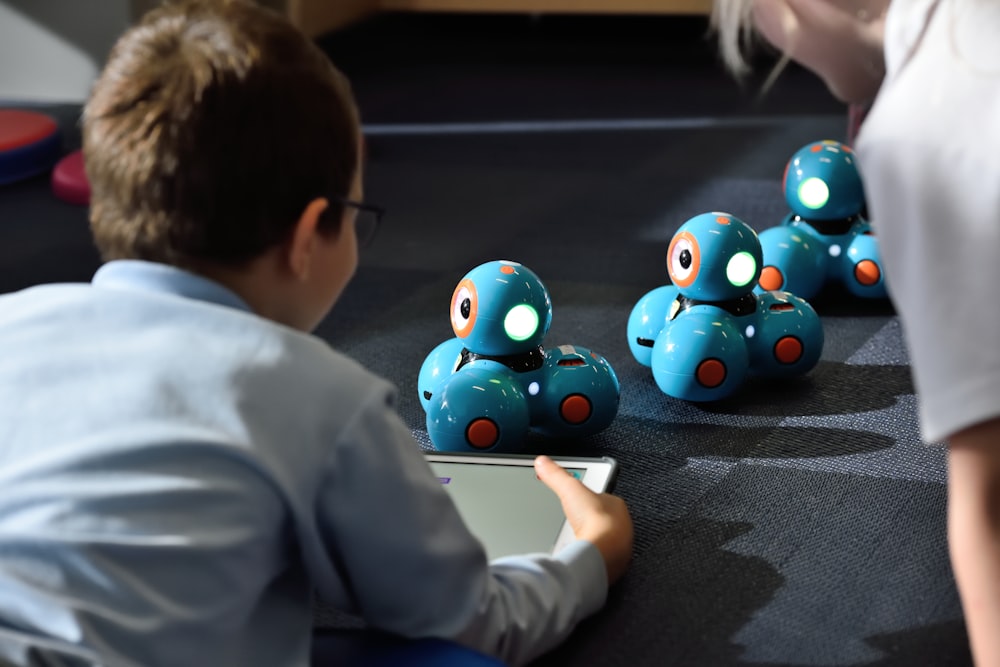Hello Everyone,
I was lucky enough to connect with Alison Galloway, a former MEd student from the University of Victoria. I was immediately drawn to Alison’s MEd project because of its embodiment of the Reggio Emilia philosophy. Alison’s experience prior to her MED project included working in a Reggio Emilia inspired school, visits to the Opal charter school in Oregon and the Bishop Strachan School in Toronto, as well as a two-week Summer Institute in Reggio Emilia, Italy. Her rich knowledge of the Reggio Emilia philosophy offered a strong foundation for her inquiry into the intersection of the Reggio approach and the Maker Movement. Through her MEd project Alison was able to create a space within her school which she called the iLab to give life to the intersections of these two approaches. She now teaches

(Source: https://curriculum.gov.bc.ca/sites/curriculum.gov.bc.ca/files/images/core-competencies.png)
Applied Design Skill and Technology (ADST) to students from Kindergarten to Grade 3. The iLab has progressed to now be a space not only for ADST but also for Alison to teach her students about social-emotional learning and for them to hone their core competencies–creative thinking, critical thinking, communication, and personal/social awareness.

(Source: https://unsplash.com/photos/rSdkzkfvqlY)
Alison has documented the process of her co-creation of the iLab as well as the evolution of the work of the students within the space through her website. When asked about where her passion for ADST came from, Alison responded that she has always had an interest in the power of technology with children. She also mentioned the importance of technology literacy for children to prepare them for life after school in the 21st century. The BC Ministry of Education’s (2016) Digital Literacy Framework, defines digital literacy as:
“the interest, attitude and ability of individuals to use digital technology and communication tools appropriately to access, manage, integrate, analyze and evaluate information, construct new knowledge, and create and communicate with others” (p.1).
I shared my concerns with Alison about technology disrupting the fundamentals of the Reggio Emilia philosophy (e.g. natural materials, loose parts); however, she assured me that the Reggio Emilia community prides themselves on constantly evolving and improving. Alison insisted that technology is viewed as one of the “hundred languages of children” and can be used to further inquiry, documentation, provocations, new knowledge construction and learning opportunities. I was curious about the role of the teacher versus that of the students when using technology. Alison suggested that the teacher needs to let go of their apprehensions and allow the children the space and time to pursue their personal interests.

(Source: https://unsplash.com/photos/wqLswHmf6j4)
When asked about the must-have technologies in the iLab, Alison warned about the misconception that we need to invest in all the latest technological devices when in fact the learning depends not so much on the tools but how they are used. For instance, I have signed out the school iPads for Monday afternoons but so far have only taught my students to use the Starfall app. With this limited opportunity my students are mostly consumers of information as opposed to creators of new content. Alison shared the importance of having digital technologies (e.g. coding mats, robotic mice, Scratch jr., circuitry, LEDs, motors, copper tape, 3D printers, and laser cutters) in congruence with tools such as cardboard cutters, crafting materials, loose parts, and recycled items. Interestingly, this last suggestion created a dialogue about the repurposing of materials because once students used the recycled materials for their creation, they were no longer recyclable. To combat this issue, Alison offered the idea of students using loose parts for their creations, taking a picture of what they had made, and then taking the creations apart so that the materials can be used again.
Alison offered the following advice to any teacher wanting to implement technology in the early years classroom:
- Think of the purpose of the technology and the learning goals
- What is the technology doing that you couldn’t teach in another way?
- Don’t be afraid to make mistakes or try new things
- Practice a growth mindset–be okay with chaos, be flexible and responsive
Finally, Alison discussed the ways in which technology can promote problem solving skills, curiosity, communicating, critical thinking. This was particularly important to my own professional reflection because not only do those skills mirror the core competencies of the Redesigned BC Curriculum, they are also directly relate to the IB learner profile which is at the core of my teaching practice at an IB World School.
Until next time,
Miss P.

trideout
Hi Ashley,
Thank you for sharing your discussions with Alison. I particularly resonated with her 4 pieces of advice when implementing technology. When I spoke with previous MEd student, Trevor Mackenzie, he also spoke about the importance of using technology to transform learning in some facet. I think it is also really important to remind ourselves as teachers to be okay with chaos, especially when first implementing a new technology.
Thanks for sharing!
Trisha P.